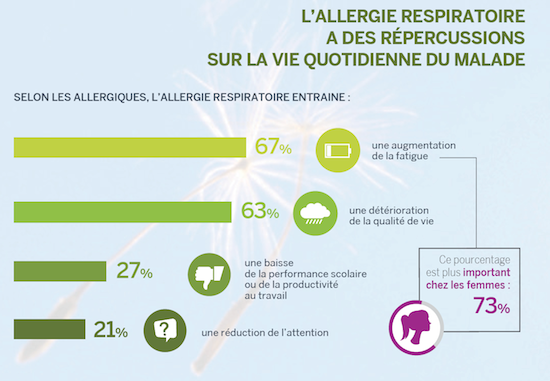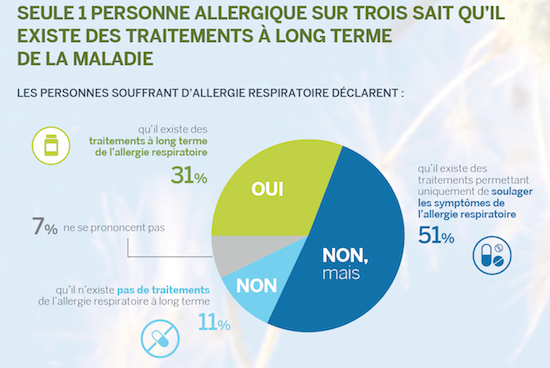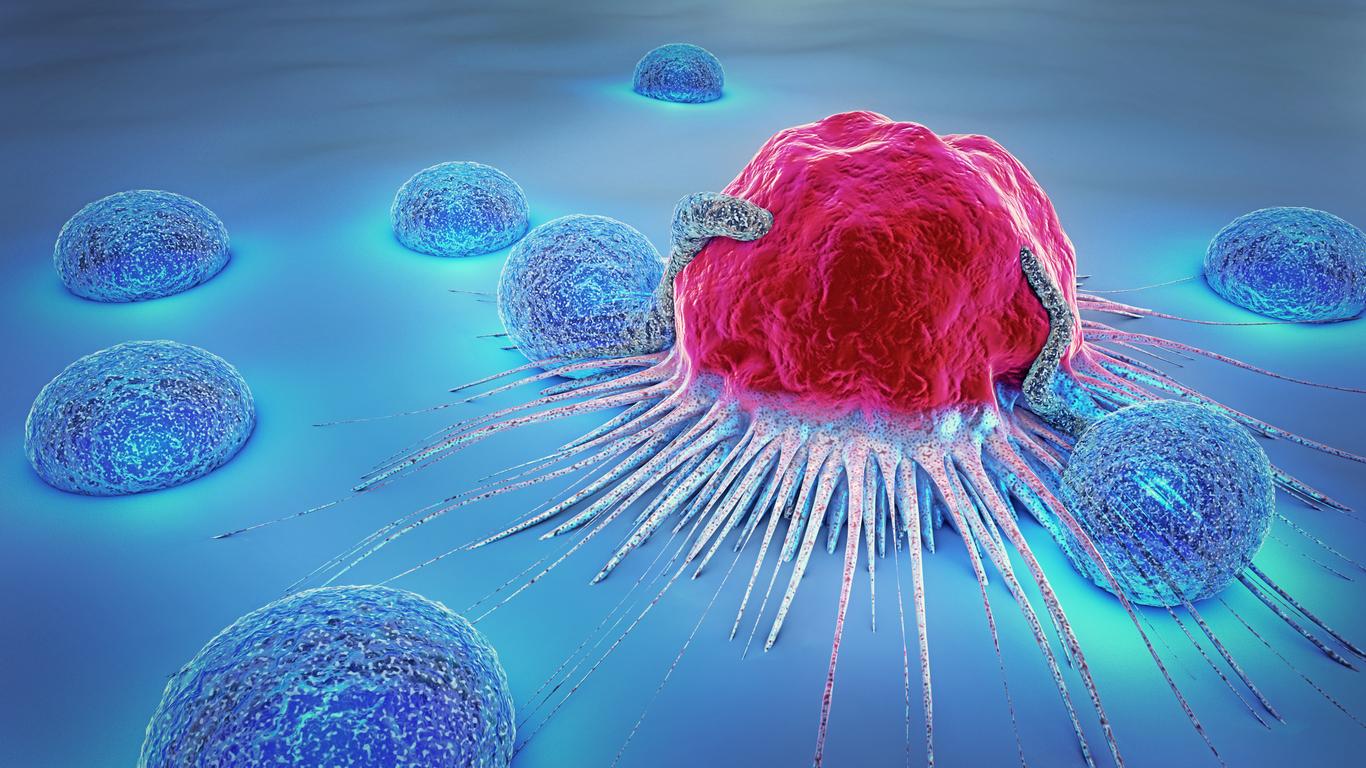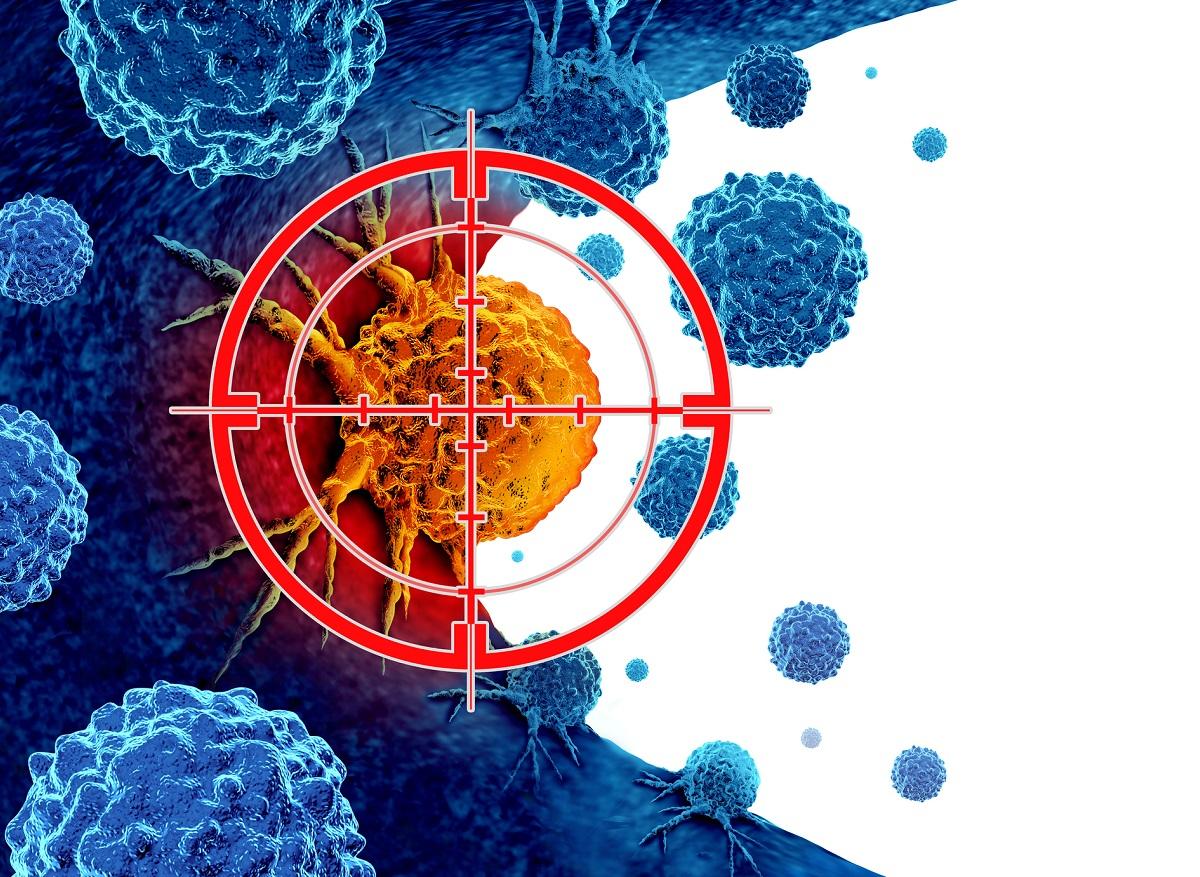Many French people have an allergy. But a majority of them are still unaware of the causes of this disease and the treatments available to relieve them.

Ragweed pollens persist in France, rhinitis follow one another … But the allergy remains poorly understood, including people who are affected. According to an Ifop survey for the Stallergenes laboratory (1), allergy sufferers have a hard time identifying the causes of their illness, its severity and above all the means to treat it.
Overall, respondents are aware of the seriousness of an allergy. The vast majority say that this disease is not benign (91%) and half (45%) understand that it is an intolerance to certain substances. Two-thirds of them even think that it can worsen gradually, and cause other allergies. This lucidity could be explained by the serious repercussions of this disease on daily life.

Dysfunction of the immune system
Yet only 16% of people with allergies know their illness is linked to a dysfunction of the immune system. “The immune system is used, on the one hand, to defend the body against pathogens, microbes, tumors, and, on the other hand, to tolerate the self and external substances,” recalls in a press release. Pr Jocelyne Just, head of the pediatric allergology service at Trousseau hospital (Paris). Dysfunction of the immune system causes allergy through the mechanism of “natural tolerance disruption”. In an allergic person, a breakdown in tolerance to certain substances, such as dust mites or pollens, occurs. These substances then become allergens. Their presence causes abnormal inflammation responsible for symptoms that can be localized in different places: nose, bronchi, etc. “
Immunotherapy ignored
This lack of knowledge could be explained by the massive recourse to the general practitioner: 54% consult him in case of doubt. Only 34% turn to the allergist. It is especially women, those under 35 and members of the “liberal professions and senior executives” class who go to the latter.
And as Christine Rolland, director of the Asthma & Allergies association, reminds us, “early diagnosis, as soon as the first symptoms are identified, makes it possible to act effectively on the allergic disease and to avoid its aggravation towards severe forms. “
It is also the allergist who can offer an effective long-term treatment, of which only 31% of respondents know that there is.

However, a technique such as immunotherapy has proven its effectiveness, although it is still poorly understood. Thus, three quarters of French people with allergies know that it improves the quality of life. But 49% are unaware that it relieves symptoms, and almost as many do not know that it works on them long term.
(1) Ifop survey carried out for the Stallergenes laboratory by telephone questionnaire to 523 people suffering from respiratory allergies, taken from a sample of 1,990 people, representative of the French population.
.

















